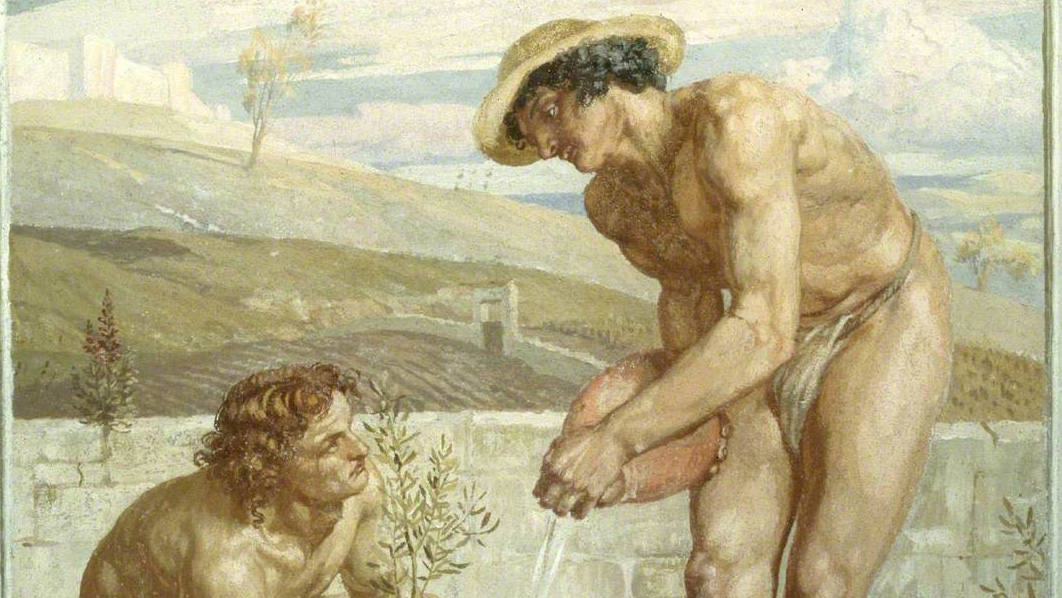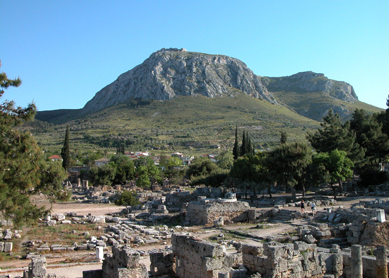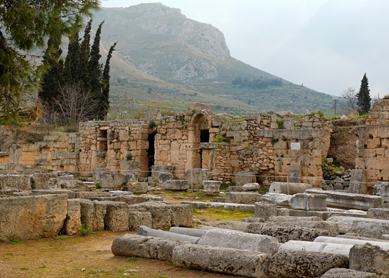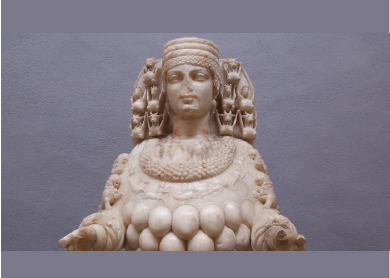Although Apollos is not frequently mentioned in the Bible, descriptions of him in the book of Acts and 1 Corinthians suggest that he was a quite popular and influential figure in the early Christian church.
Who was Apollos?
According to the book of Acts, Apollos was an influential teacher and leader who advanced the gospel of Jesus in the early Christian church. The writer of Acts, Luke, describes him as a Jew, native to Alexandria, Egypt, who journeyed to Ephesus for unclear reasons (Acts 18:24). As stated in Acts, Apollos was educated, eloquent, and well-versed in the Jewish Scriptures (Acts 18:24).
While in Ephesus, Apollos taught and debated in the synagogues (Acts 18:26). He knew about the baptism of John the Baptist and the life and ministry of Jesus, but it is unclear how he learned of these two men. Luke indicates that Apollos taught with passion and competence concerning what he understood at the time about Jesus’s life and ministry (Acts 18:25). Although his teaching was proficient, he needed Priscilla and Aquila, friends of Paul, to further explain the “way of God” (Acts 18:25–26). Some scholars think Apollos had only an intellectual interest in Jesus’s teaching before meeting this couple. Others believe that he was a follower of Jesus who had not fully grasped the meaning of the gospel and baptism of the Holy Spirit. Either way, the instruction he received was beneficial in his future ministry.
According to Acts, the Christians in Ephesus encouraged Apollos to pursue his ministry in Achaia. They instructed the believers there to receive him with a warm welcome upon his arrival (Acts 18:27). At this time, Paul and Apollos had not yet met. Paul arrived in Ephesus after Apollos departed (Acts 19:1). Apollos’s ministry in Achaia was twofold; he helped the Christians and debated with the local Jews. Using the Scriptures, he proved that the long-awaited Messiah had already come in Jesus of Nazareth (Acts 18:28). Apollos, like other minor characters in Luke’s narrative, proves to be an essential player in the spread of the gospel.
How did Apollos impact the early churches?
Although Acts presents Paul as the main character responsible for shaping the early Hellenistic Jesus movement, stories like that of Apollos indicate that other teachers and preachers contributed to its success. We see this further in Paul’s letters to the early churches, which continue Apollos’s narrative. According to the book of 1 Corinthians, the ministry of Apollos led him to the Greek city of Corinth where Paul had planted a church. Somewhere along the way, the church became divided over the issue of leadership (1Cor 1:12–13). Some followed Apollos because of his persuasive teaching; others preferred Paul, who founded the Corinthian church; a third party favored Peter, who received Jesus’s instructions firsthand. Paul corrected the Corinthian church and insisted that all leaders were servants of God who worked equally to spread the good news. Paul planted the seeds of faith, Apollos nurtured their belief, but God provided the growth in the believer’s lives (1Cor 3:5–6). Here, Paul illustrates that the early church leaders belonged to the same unified movement. Although some disagreements arose, accounts like that of Apollos exhibit how the early church addressed these issues as they partnered together. Thus, while Apollos is a minor character in the New Testament, his presence is informative about the diversity and growth of the early Christian movement.
Image Credit: Edward John Poynter, Paul and Apollos, 1872, fresco on plaster, cropped. Courtesy of the Tate.
Bibliography
- Fee, Gordon. New International Commentary on the New Testament: The First Epistle to the Corinthians. Grand Rapids: Eerdmans, 1987.
- Gaventa, Beverly Roberts. The Acts of the Apostles. Nashville, Tenn.: Abingdon Press, 2003.
- Hartin, Patrick J. Apollos: Paul’s Partner or Rival? Collegeville, MN: Liturgical Press, 2009.
- Jennings, Willie James. Acts. Louisville, KY: Westminster John Knox, 2017.
- Witherington, Ben. The Acts of the Apostles: A Socio-Rhetorical Commentary. Grand Rapids, Mich.: Eerdmans, 1998.





